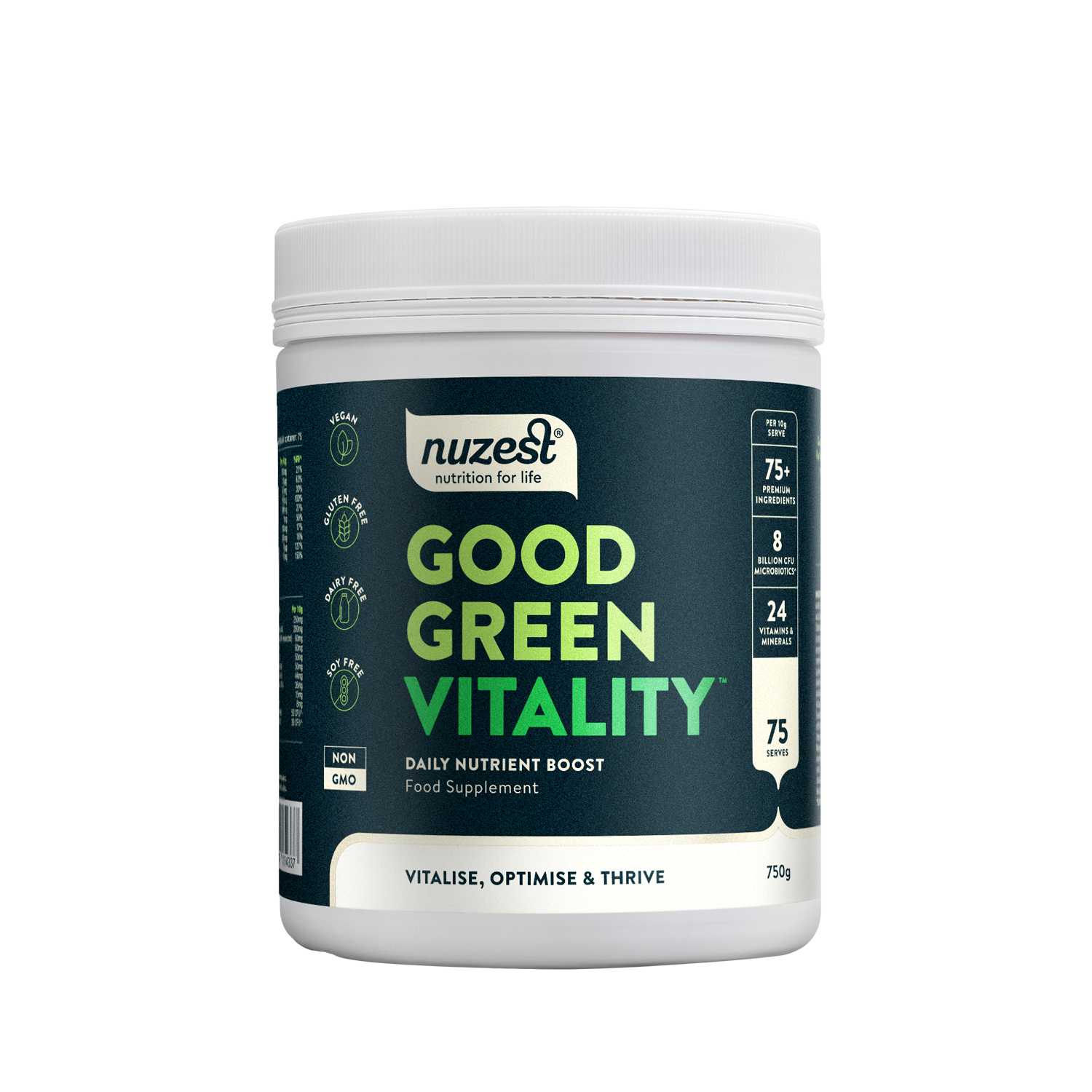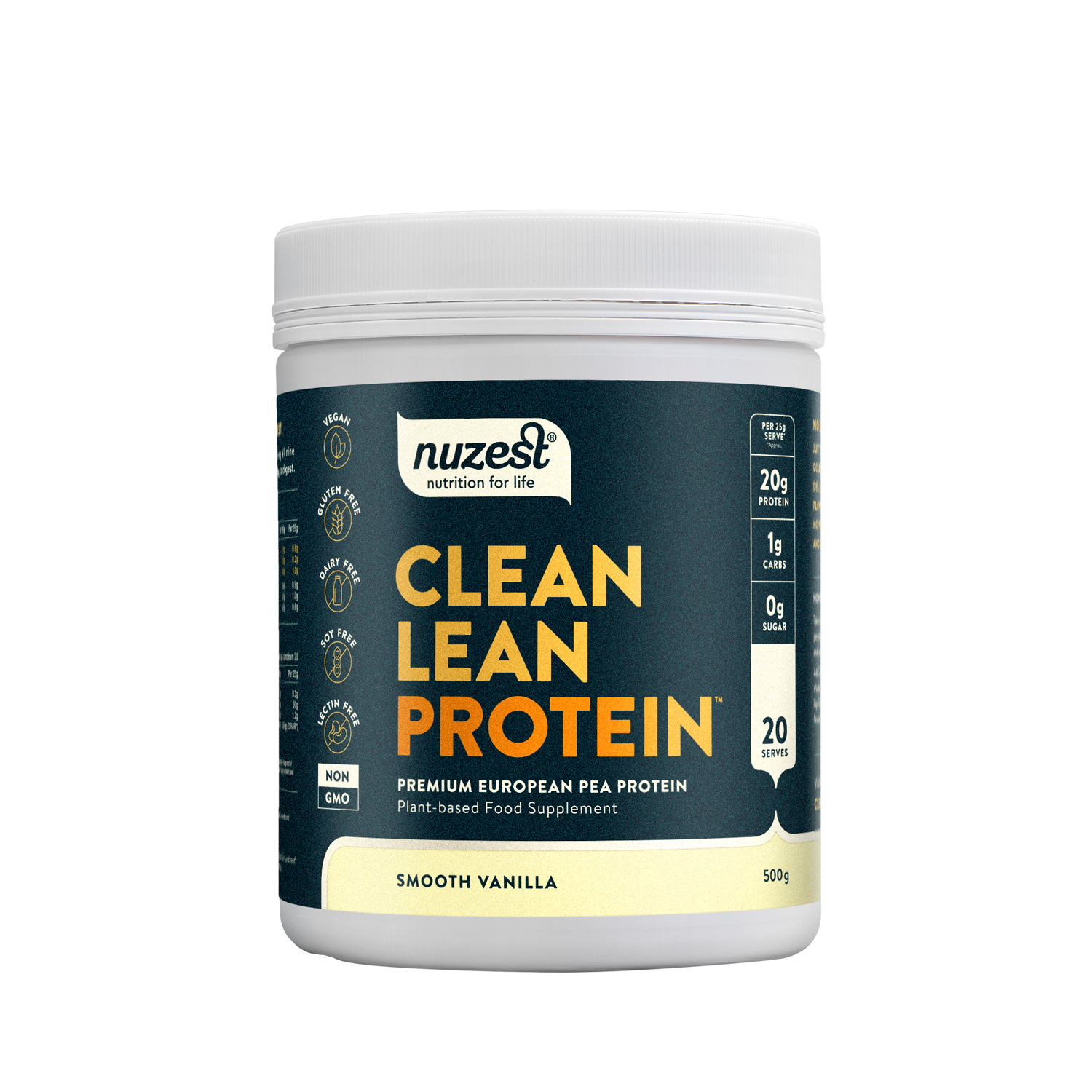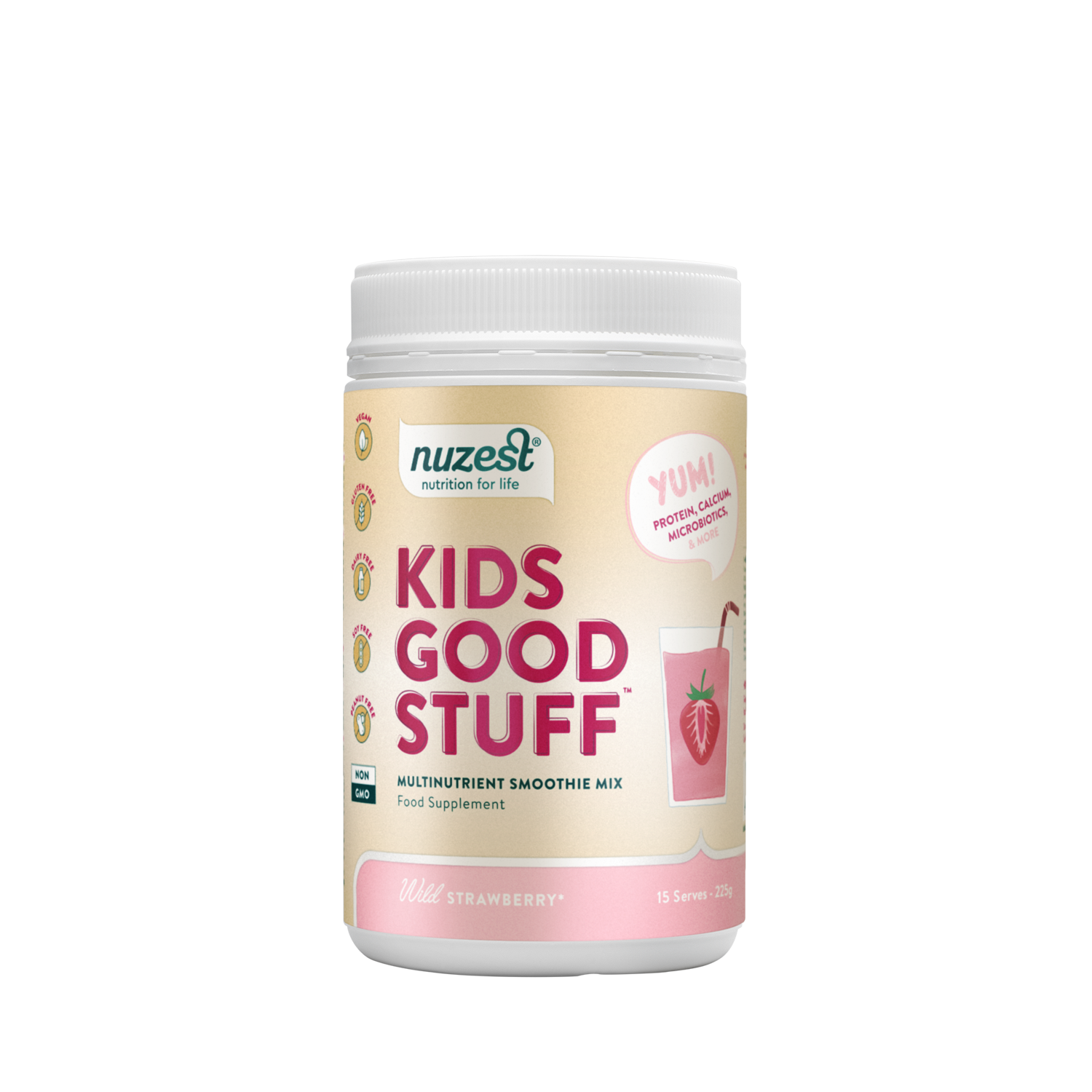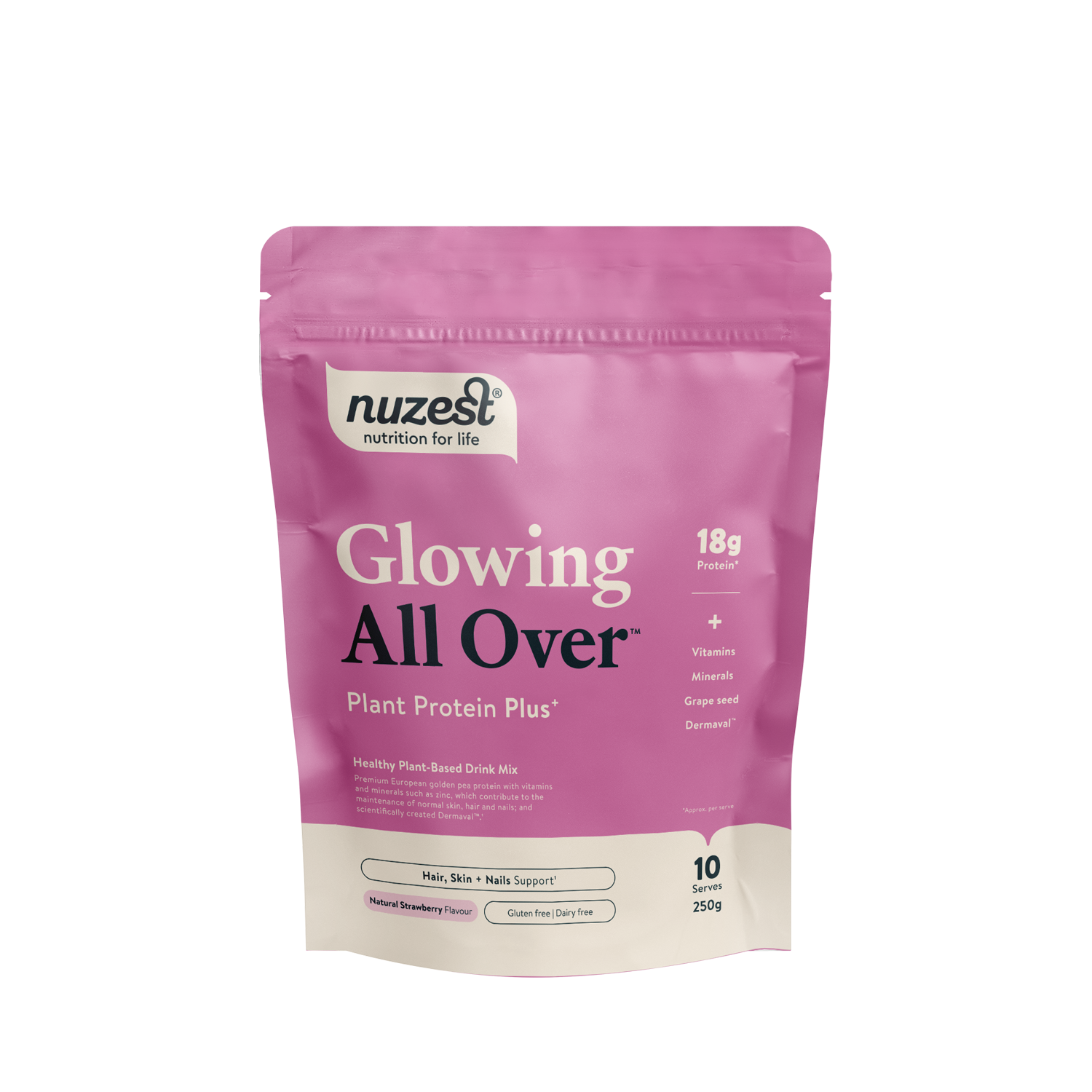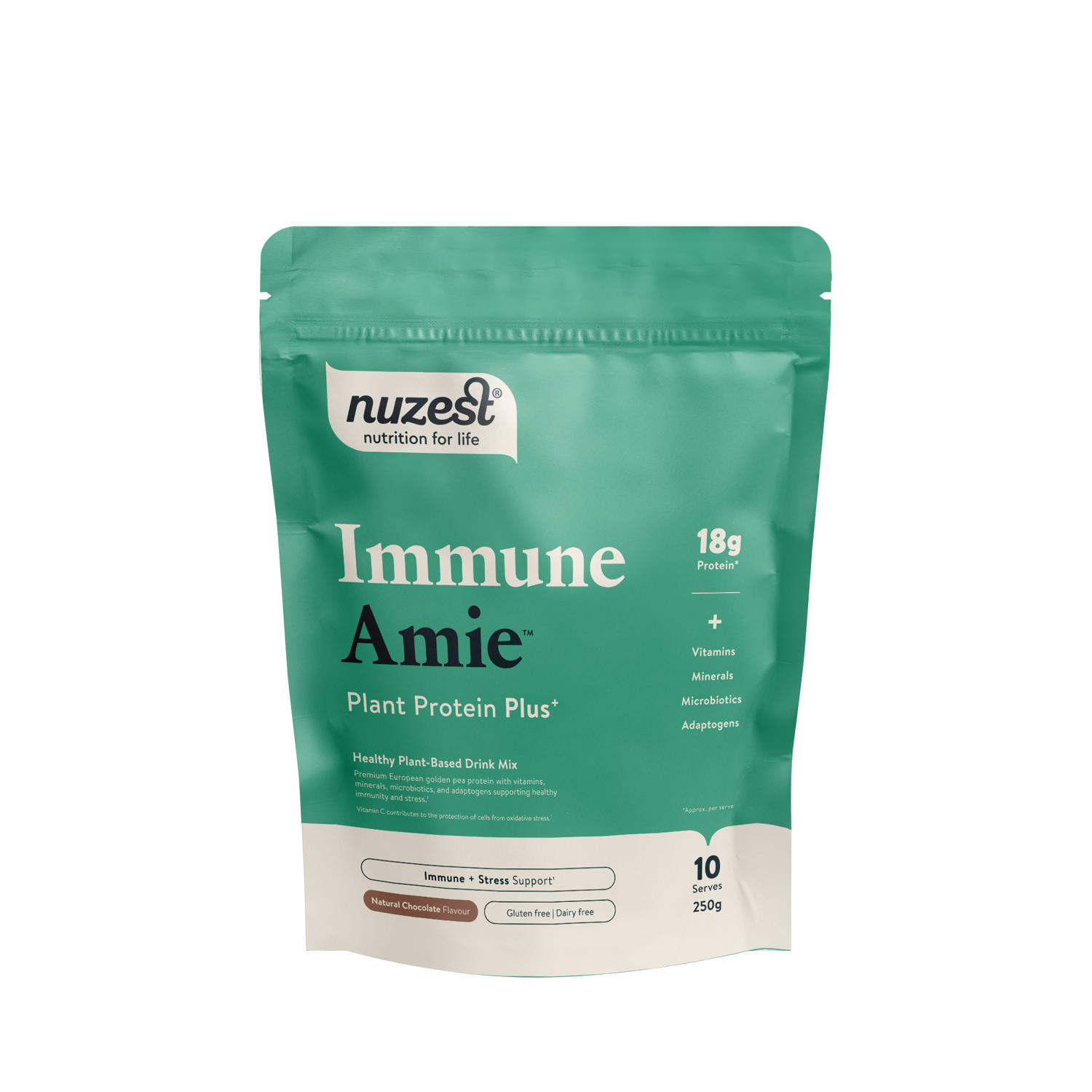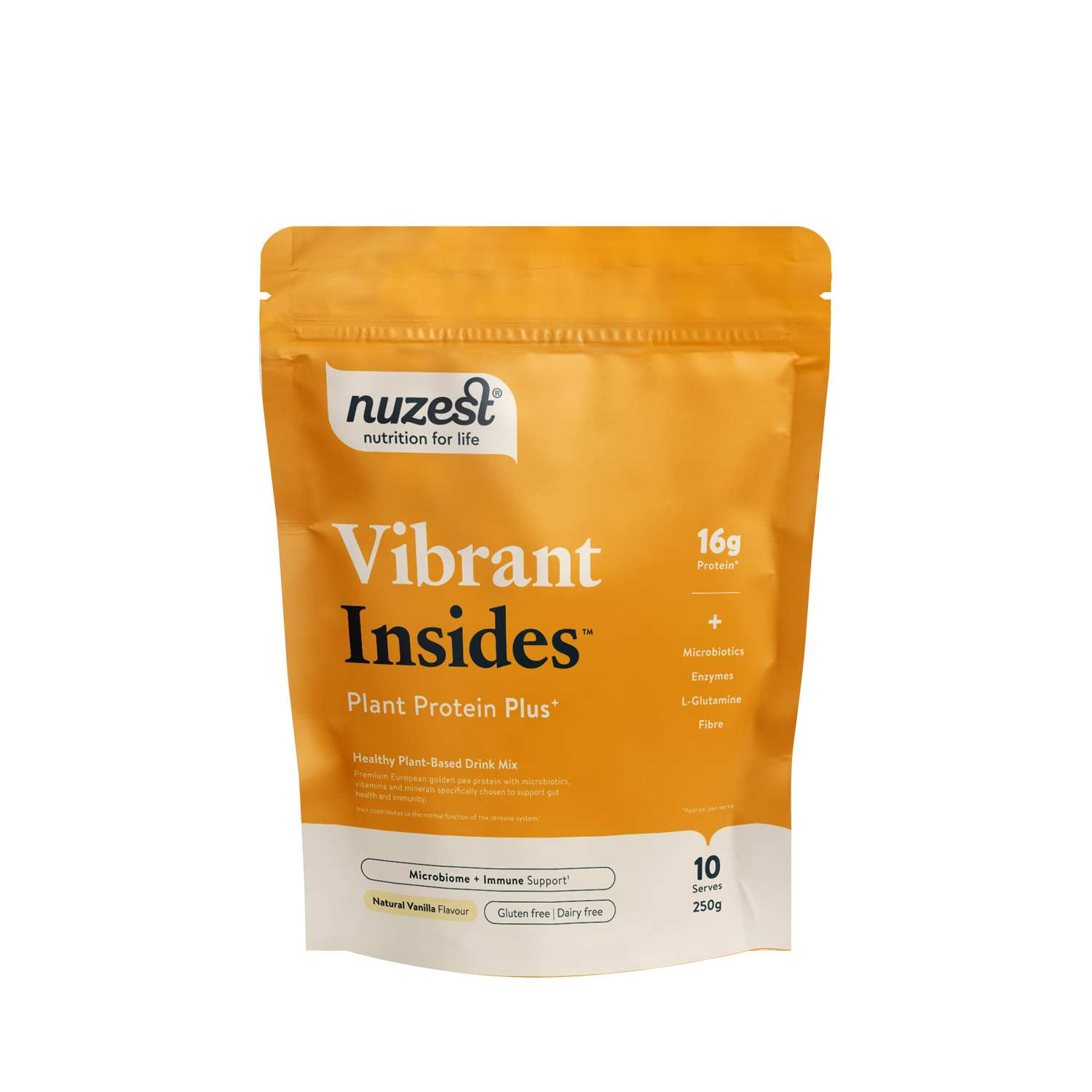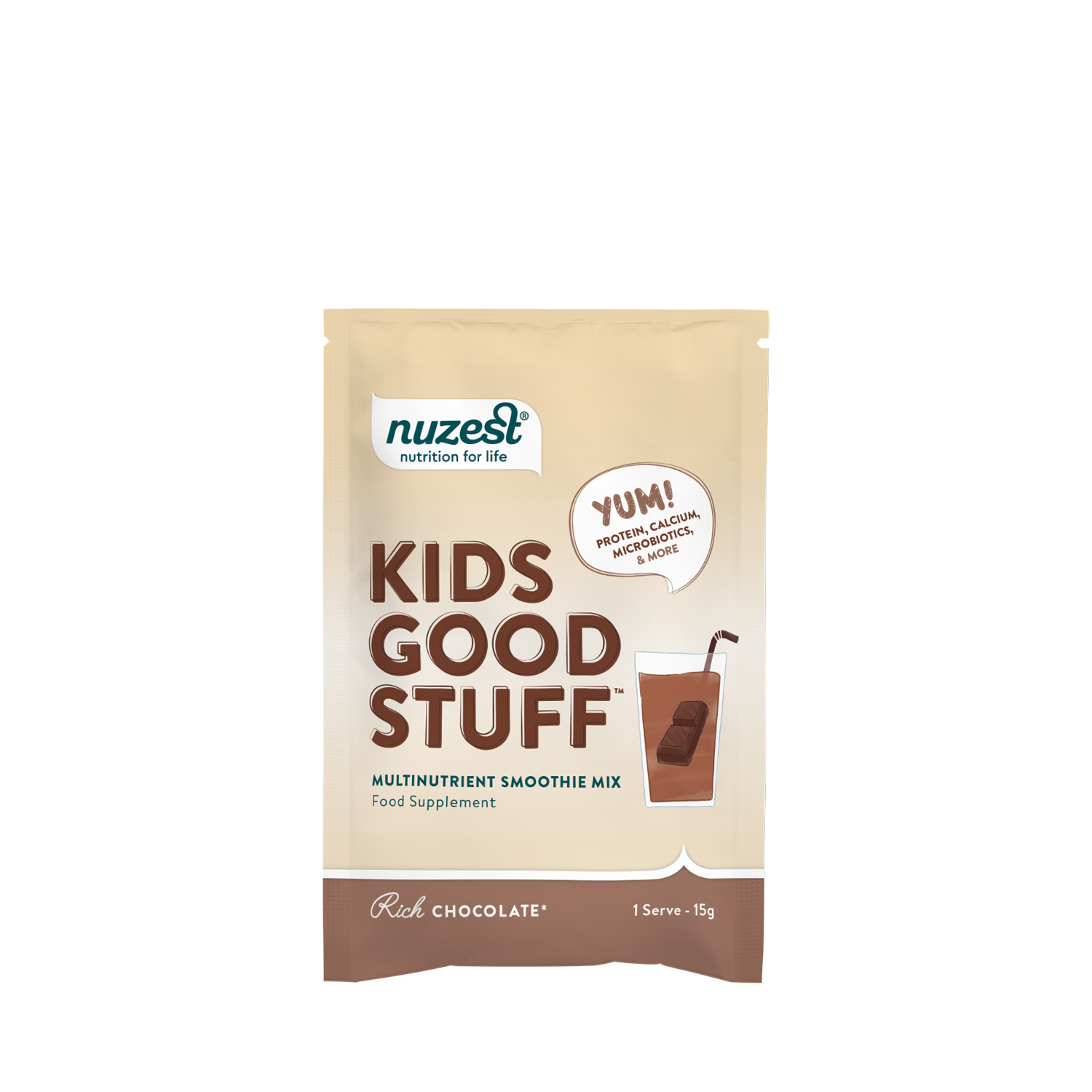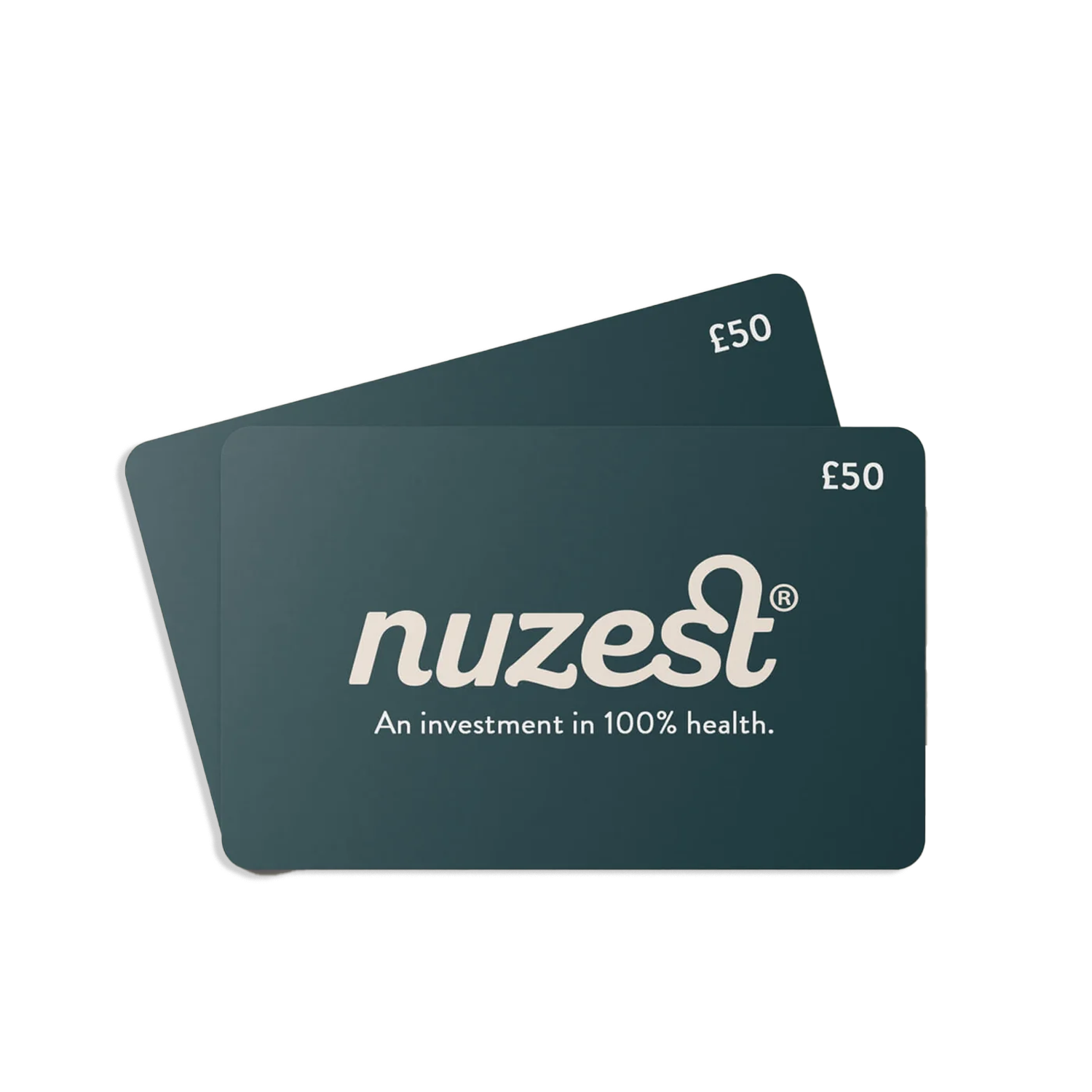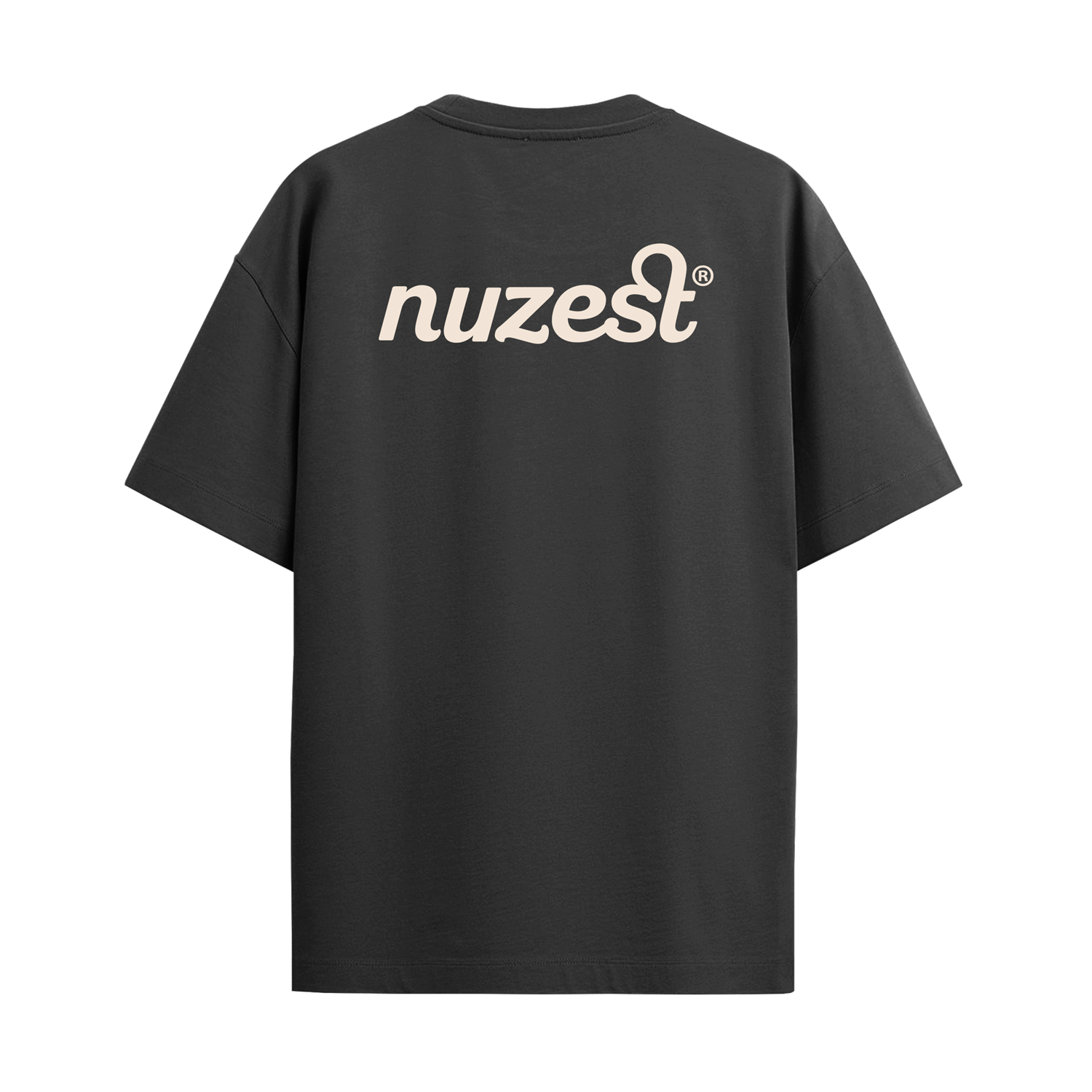Do you Need a Protein Supplement?
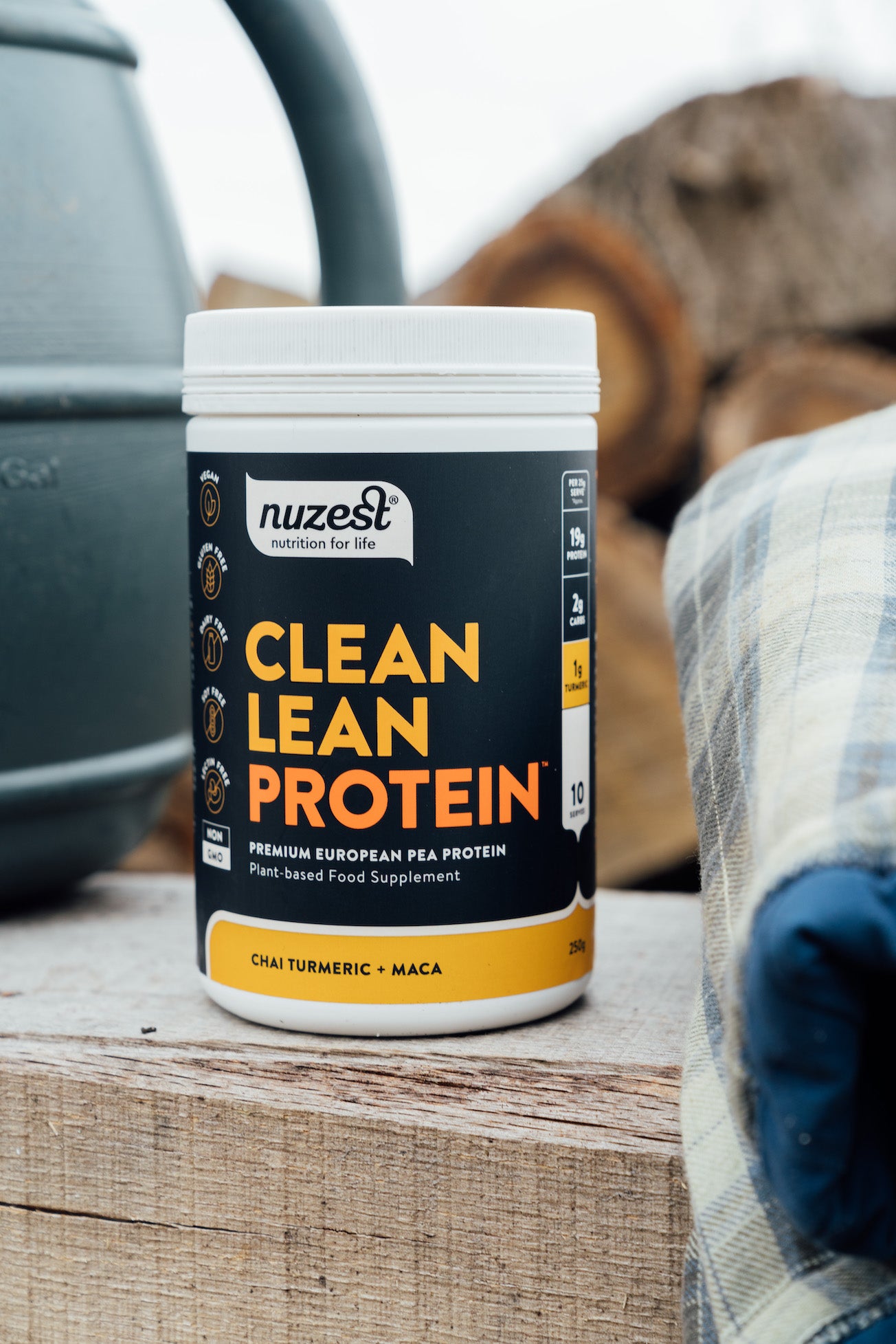
Not sure if you should incorporate a protein supplement into your diet? Keep reading to see why a little extra protein can be beneficial for everybody.
Protein supplements are an ever-growing trend, with the market growing almost 25% in the last year. Most of us have long associated protein with building muscle, but it is not just for elite athletes and bodybuilders. Good nutrition is for everybody, no matter your age or dietary requirements. Every cell in our body contains protein. Practically all of the reactions in our bodies are regulated by proteins, which means it is integral that we consume enough each day to ensure the function of our body is upheld. Not getting enough can wreak havoc on your body.
On average, an adult should consume 0.8g/kg of body weight of protein, this increases depending on how active you are, your dietary choices, and even your age. Not all of us get enough from our day-to-day diets, for various reasons. Supplementing with a protein powder is a great way to add more protein into your diet if you do not have high-quality sources available or simply can’t reach your daily protein needs through food alone.
Not sure if you should incorporate a protein supplement into your diet? Keep reading to see why a little extra protein can be beneficial for everybody.
Plant-based Diets
Those who opt for a plant-based diet are more likely to be deficient in protein. Although there are many plant foods that are high sources of protein, consuming enough of them, for some, can be challenging. A protein supplement can make up for the difference. Finding an extra protein boost that is not derived from animals, or contains high amounts of sugars and chemicals, is not as hard as it once was. Clean Lean Protein supplies the body with 20g of premium plant protein without any bad stuff, such as nasty additives and preservatives.
Ageing Population
The importance of protein as we age is often overlooked - a high protein diet is vital for the aged population. As we age, our bodies process protein less efficiently, and so we need more of it in order to maintain muscle mass, strength, bone health and other important physiological functions. Inadequate protein intake can impact our ability to maintain independence, quality of life and good health as we become older. Older adults sometimes fail to get enough protein from their diet, this could be due to a lack of appetite, change in senses or convenience. Research has shown that over 60s should look to consume 1-1.2g/kg of body weight per day. A protein supplement offers not only an extra protein boost but convenience and insurance.
Pregnancy
For pregnant women, protein is an important macronutrient to hone in on. Optimising your protein intake during pregnancy can contribute to your baby's growth and repair, as well as the creation of antibodies for their immune system. It is not only the building blocks for your cells, but for theirs too. If you think you may be falling short on your protein intake, particularly if your appetite has changed, a protein supplement can provide insurance. Choose a clean plant-based protein to ensure you are avoiding excessive levels of sugar or heavy metals. *Consulting your doctor prior to use of extra supplements is advised, every pregnancy is different, as is every individual.*
Active Lifestyle
Highly active individuals may use protein supplements to speed up recovery and maximise adaptation to exercise. Although a majority of individuals are able to reach their requirements through a wholesome diet, you still may fall short. Protein is in constant turnover, however, the breakdown and re-synthesis of protein proliferates during and after exercise, and so the greater the training intensity and volume, the more protein you require in order to support this process. Research shows that individuals with an intense training regime may benefit from consuming around twice the daily recommended intake of protein, ranging from 1.4 to 2.0 g per kg of body weight.
The one word we circle back to is convenience. A protein supplement is convenient. The ease of 2 scoops in 400ml of water is appealing to many in this modern busy life. It is always important to remember that supplements are designed to fill the nutritional gaps of your diet, not replace whole foods.

